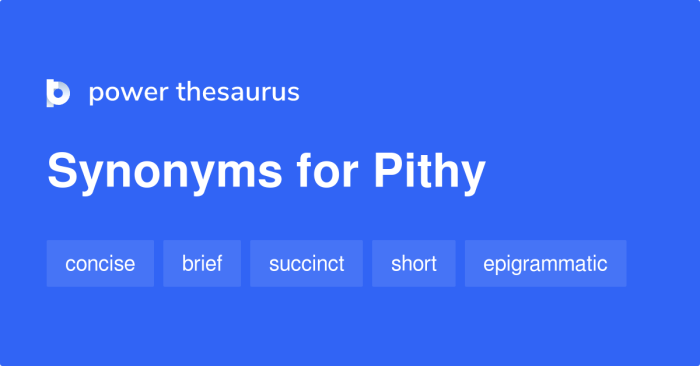Pithy remark or concise poem – In the realm of language, where words dance and ideas take flight, pithy remarks and concise poems stand as beacons of brevity and wit. These literary gems, with their ability to convey profound thoughts and evoke emotions in a limited space, have captivated readers and listeners throughout history.
Pithy remarks, like sharp daggers, pierce through layers of complexity with their incisive wit, while concise poems, like delicate brushstrokes, paint vivid pictures with a few deft strokes. Join us on an enchanting journey as we delve into the world of these captivating literary forms, exploring their unique characteristics, historical evolution, and contemporary applications.
Pithy Remark: Pithy Remark Or Concise Poem
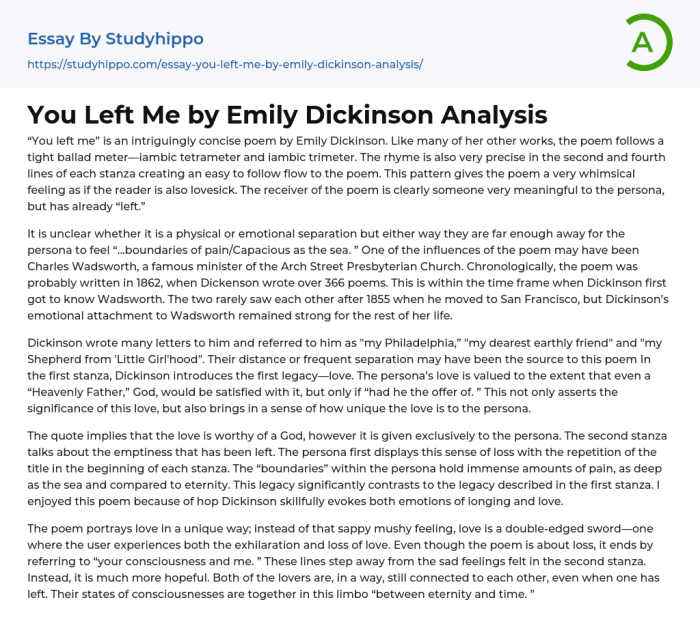
In the realm of communication, brevity and wit hold immense power. A pithy remark, a concise and often humorous statement, captures the essence of an idea or observation with remarkable efficiency.
The significance of conciseness in a pithy remark lies in its ability to convey a complex thought or emotion in a few well-chosen words. By eliminating unnecessary details and focusing on the core message, a pithy remark achieves maximum impact with minimal effort.
Examples of Memorable Pithy Remarks
- “Brevity is the soul of wit.”– William Shakespeare, Hamlet
- “I’m not a vegetarian because I love animals. I’m a vegetarian because I hate plants.”– A. Whitney Brown
- “A fool and his money are soon parted.”– Proverb
These examples demonstrate the power of pithy remarks to distill wisdom, humor, or a sharp observation into a memorable and quotable phrase.
The Impact of Brevity and Wit
The effectiveness of a pithy remark hinges on the interplay between brevity and wit. Brevity ensures that the remark is easy to remember and recall, while wit adds a touch of humor or cleverness that makes it more engaging and memorable.
When brevity and wit are combined, the result is a remark that not only conveys a message but also elicits a chuckle or a moment of reflection. It is this combination that makes pithy remarks such a powerful tool for communication.
Concise Poem
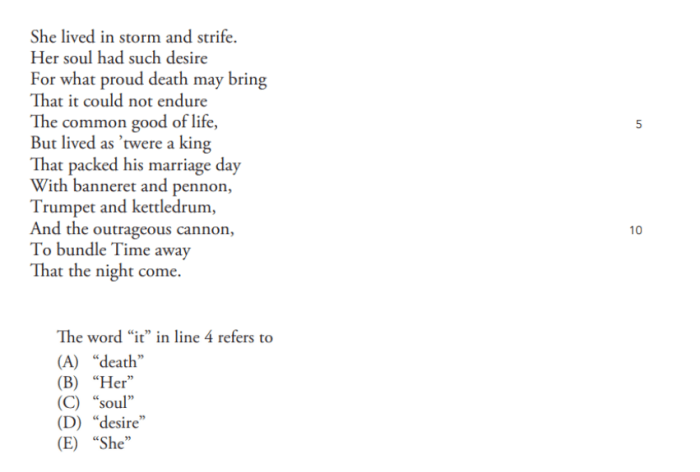
A concise poem is a form of poetry that is characterized by its brevity and succinctness. It conveys a complete thought or idea in a few well-chosen words, often employing figurative language, symbolism, and other poetic devices to create a powerful impact.
Concise poems are often used to capture a moment, express a feeling, or share a profound insight.
Pithy remarks and concise poems often capture the essence of a situation with a few well-chosen words. This is evident in chapter 19 of The Kite Runner , where a single line of dialogue serves as a poignant reminder of the novel’s central themes.
This demonstrates the power of language to convey complex emotions and ideas in a concise and impactful manner, leaving a lasting impression on the reader.
Characteristics of Concise Poems
* Brevity:Concise poems are typically short, ranging from a few lines to a few stanzas. They rely on the careful selection of words and phrases to convey their message effectively.
Succinctness
Concise poems are not vague or ambiguous. They present their ideas clearly and directly, without unnecessary details or digressions.
Figurative Language
Concise poems often employ figurative language, such as metaphors, similes, and personification, to create vivid images and convey complex emotions.
Symbolism
Symbols are often used in concise poems to represent abstract ideas or emotions. These symbols can be objects, colors, or even sounds that evoke specific associations in the reader’s mind.
Musicality
Concise poems often pay attention to rhythm and rhyme, creating a musical quality that enhances their impact and memorability.
Examples of Concise Poems
* “Haiku” (Japanese)Summer breeze blows Rustling leaves on tall bamboo Whispering secrets* “Ode to a Nightingale” (English)by John Keats My heart aches, and a drowsy numbness pains My sense, as though of hemlock I had drunk, Or emptied some dull opiate to the drains One minute past, and Lethe-wards had sunk:* “Stopping by Woods on a Snowy Evening” (American)by Robert Frost Whose woods these are I think I know.
His house is in the village though; He will not see me stopping here To watch his woods fill up with snow.
Techniques for Achieving Conciseness
* Careful Word Selection:Poets choose each word in a concise poem with precision, ensuring that every word contributes to the overall meaning and impact.
Omission
Concise poems often omit unnecessary details and focus on the essential elements of the poem.
Enjambment
Enjambment, or the running over of a sentence from one line to the next, can create a sense of urgency and forward motion in a concise poem.
Ellipsis
Ellipsis, or the omission of words that are implied but not explicitly stated, can add depth and resonance to a concise poem.
Punctuation
Punctuation, such as dashes, commas, and parentheses, can be used to create emphasis, highlight certain words or phrases, and control the flow of the poem.
Comparison and Contrast
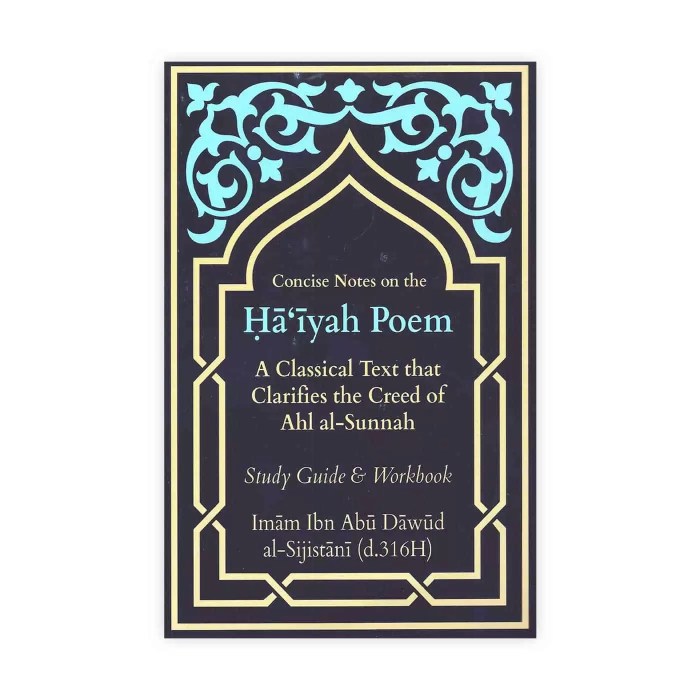
Pithy remarks and concise poems share the common trait of brevity and impact. However, they diverge in their language use, structure, and style.
Language
Pithy remarks typically employ straightforward, often colloquial language. Their aim is to convey a pointed observation or witticism in a few words. Concise poems, on the other hand, often rely on figurative language, symbolism, and carefully chosen diction to create a vivid and evocative image or idea.
Structure, Pithy remark or concise poem
Pithy remarks lack a formal structure, often consisting of a single sentence or phrase. Concise poems, while brief, often adhere to specific poetic forms, such as the haiku, sonnet, or villanelle, with defined rhyme schemes, meter, and line breaks.
Style
Pithy remarks are characterized by their brevity, wit, and often satirical or humorous tone. Concise poems, while also concise, aim to evoke emotion, create imagery, or explore complex themes through their use of language and structure.
Historical Context
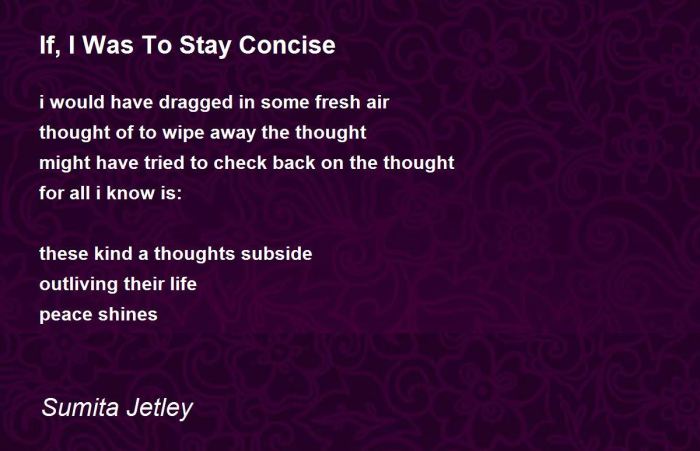
The pithy remark and the concise poem share a long and intertwined history, their origins tracing back to the earliest forms of human communication. In ancient Greece, philosophers and orators used pithy remarks, or aphorisms, to convey complex ideas in a memorable and succinct manner.
These remarks were often used in political debates, philosophical discussions, and everyday conversation.
Concise poems, such as epigrams and haiku, also emerged in ancient Greece and other cultures around the world. These poems were characterized by their brevity, wit, and ability to capture a moment or idea in a few well-chosen words. Over time, both pithy remarks and concise poems became popular in a wide range of cultures, from ancient Rome to medieval Europe to modern-day America.
Origins and Development
- Ancient Greece:Pithy remarks (aphorisms) and concise poems (epigrams) flourished in ancient Greece, used by philosophers, orators, and poets to convey wisdom, wit, and satire.
- Roman Empire:Pithy remarks and concise poems continued to be popular in the Roman Empire, often used in political and social commentary.
- Medieval Europe:Pithy remarks and concise poems were used in religious texts, literature, and everyday speech.
- Renaissance:Pithy remarks and concise poems experienced a revival during the Renaissance, influenced by classical Greek and Roman models.
- Modern Era:Pithy remarks and concise poems remain popular in modern times, used in literature, journalism, and everyday conversation.
Social and Cultural Factors
The popularity of pithy remarks and concise poems has been influenced by several social and cultural factors, including:
- Need for Brevity:In societies where communication was often limited by time or resources, pithy remarks and concise poems offered a way to convey complex ideas quickly and efficiently.
- Value of Wit and Wisdom:In many cultures, pithy remarks and concise poems were admired for their wit, wisdom, and ability to capture the essence of an idea.
- Educational Purposes:Pithy remarks and concise poems were often used in education to teach moral lessons, convey historical events, or introduce philosophical concepts.
- Social Commentary:Pithy remarks and concise poems have been used throughout history to provide social commentary, critique political figures, or express dissatisfaction with the status quo.
Modern Applications
![]()
In the fast-paced world of today, pithy remarks and concise poems continue to find relevance in various modern applications. Their brevity and impact make them ideal for conveying messages succinctly and effectively.
Social Media
- Pithy remarks and concise poems are widely used on social media platforms like Twitter, Instagram, and Facebook.
- Their brevity allows users to express their thoughts, opinions, or emotions in a limited character count.
- Hashtags and trending topics often incorporate pithy remarks or concise poems, increasing their reach and engagement.
Advertising
- Advertisers leverage the attention-grabbing nature of pithy remarks and concise poems in their campaigns.
- These forms can create memorable slogans, taglines, and jingles that stick in consumers’ minds.
- Conciseness is crucial in advertising, where every word counts towards conveying the brand’s message.
Other Forms of Communication
- Pithy remarks and concise poems are used in email subject lines, text messages, and instant messaging.
- Their ability to convey a lot with a little makes them effective in capturing attention and conveying messages efficiently.
- They can add a touch of wit, humor, or inspiration to everyday communication.
Question & Answer Hub
What is the key characteristic of a pithy remark?
Conciseness and wit, conveying a sharp or insightful thought in a few words.
How do concise poems differ from other forms of poetry?
Their brevity, often consisting of a few lines or stanzas, and their focus on capturing a specific moment or idea.
What is the historical significance of pithy remarks and concise poems?
They have been used throughout history as tools for satire, wisdom, and cultural commentary.
